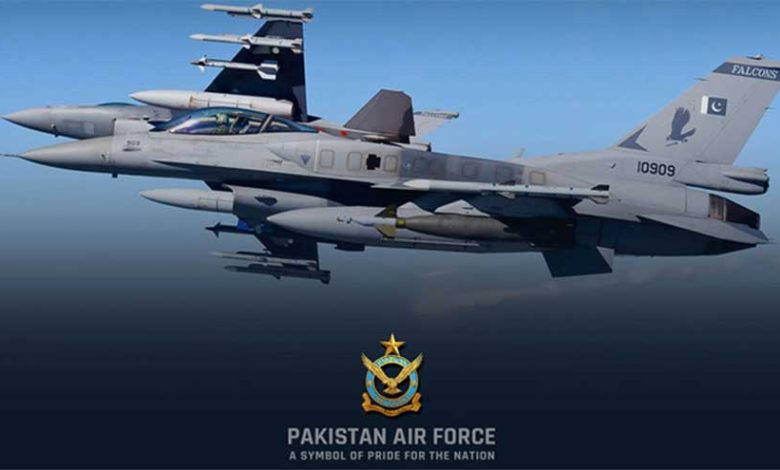Today is Air Force Day.

In honour of Squadron Leader M.M. Alam, whose 1965 achievement will live on in the annals of aerial combat, Air Force Day is being enthusiastically observed nationwide on Sunday (today).
The Pakistan Air Force achieved history on September 7, 1965, when it stopped the enemy’s evil plans and gained air superiority over the adversary. This achievement was repeated in May, when PAF pilots shot down hostile aircraft.
Air Force Day is being commemorated across the country to honour this important day. The nation is proud of its valiant warriors’ accomplishments and sacrifices.
Squadron Leader Alam shot down five Indian fighter jets in less than a minute during the 1965 conflict, a valiant feat that has never been surpassed in military history. This outstanding achievement is still regarded as a memorable period in the Air Force’s history.
PAF pilots shown bravery and expertise throughout the 1965 conflict, thwarting the enemy’s malevolent plans.
TRIBUTE OF THE PRIME MINISTER
In his remarks on Air Force Day, Prime Minister Shehbaz Sharif expressed his pride in the Pakistan Air Force’s accomplishment of establishing its supremacy in aerial combat. “The PAF has demonstrated that a nation’s spirit can never be defeated, and its multifaceted capabilities and innovation are unmatched.”
He claimed that the Pakistan Air Force and other military elements were instrumental in Marka-e-Haq.
“This day is being celebrated to remind the next generation of the commitment, tenacity, and courage of our air force in defending the country,” he continued.
Despite having few resources, the courageous Pakistani pilots used their unwavering bravery and unparalleled combat skill to deliver a devastating defeat to India.
In less than a minute, Muhammad Mahmood Alam, also referred to as M.M.Alam, the PAF ace, shot down five Indian Air Force fighters.
RASHID MINHAS IS NOT FORGETTED
Pilot Officer Rashid Minhas, the sole PAF officer to be awarded Pakistan’s highest military accolade, the Nishan-e-Haider, is also being remembered nationwide.
Prayers were said, a flower wreath was placed at his mausoleum, and the young pilot received recognition for giving his life in defence of the nation.